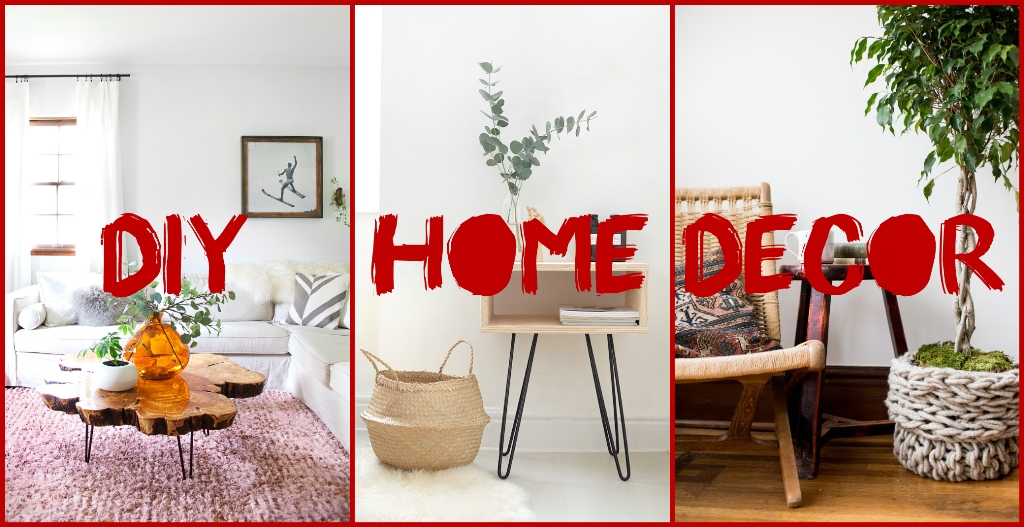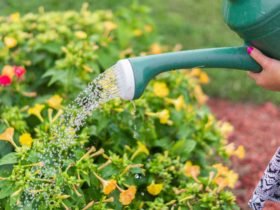Garden waste can pile up quickly, especially if your garden is enormous. Managing your garden waste the right way can improve the health of your environment and, consequently, your health. There are many ways to dispose of garden waste.
This article looks at a handy solution to managing your garden waste. Besides getting professional rubbish removal services, it lists creative and practical ways to reuse and recycle garden waste in your yard, including composting grass clippings, shredding leaves for mulch, and burning twigs in the fireplace.
Collect Garden Waste In A Compost Bin
Composting is a way to convert organic materials like plant trimmings, food scraps, and paper waste into a nutrient-rich soil amendment that you can use in the garden.
Composting is a great way to reduce the amount of waste you produce. It can also help you grow your food and flowers well, which is a win-win situation.
Your compost bin doesn’t have to be large or expensive; any container that lets air circulate freely within it will do the trick. You can make your compost bins out of recycled materials (like crates) or buy them ready-made at garden centers and department stores. Ensure the container has a lid so that animals don’t get in your compost pile.
Use A Fire Pit Or Chiminea
Using a fire pit or chiminea is a great way to dispose of your garden waste.
A fire pit is an open-top container, usually made from brick or clay, that you can use to burn garden waste. You can build your own if you’re handy or buy one from a store specializing in outdoor living.
The most significant difference between using a fire pit and other methods is that you need a safe place for it. Your backyard may not have enough room for this machinery, so make sure you have plenty of space before purchasing one.
On the other hand, a chiminea sits on top of your existing patio furniture, mimicking traditional indoor heating systems like radiators or baseboards. There are no moving parts, so no maintenance is required beyond keeping it filled with water until needed.

Make Leaf Mold
Leaf mold is a natural soil conditioner or amendment. You can create this by allowing leaves to decompose (or rot) in a moist environment and use it as an alternative to peat moss or composted materials.
When making leaf mold at home, you’ll want to collect fallen leaves from your yard and place them into a large container with some lid for airflow (such as plastic sheeting).
Ensure the container has plenty of drainage holes so excess water can drain out of it. The container should also be large enough for the leaves to expand during the composting process.
Try Mulching
Mulching is a great way to manage your garden waste. It can be done in many different ways, depending on the mulch type you use and the plant life you have in your garden.
Mulching is covering your garden beds with a layer of material that will decompose over time. It helps prevent weeds from growing and keep moisture in the soil, reducing runoff and increasing water retention.
The most common types of mulch are wood chips, straw, hay, and compost. Each has its benefits: wood chips help plants retain moisture, while straw helps prevent weeds from taking over your bed.
Use Branches And Twigs As Firewood
You can burn branches and twigs in a fireplace or wood stove. To prevent accidental fires, don’t burn branches longer than your arm. Collect branch pieces in a metal container and then put them next to the firebox or wood stove so they won’t get scattered all over your home.
If you have an outdoor fireplace or fire pit, use them instead. It can keep ash out of your house while some heat escapes through windows and doors to warm up nearby areas.
Conclusion
All in all, recycling garden waste is an excellent way to reduce environmental impact and save money. Don’t throw away food waste from gardens like fruit skins, vegetable pairings, and seeds. Instead, put them in a compost bin where they’ll decompose to make rich organic fertilizer for plants.
Yard trimmings such as leaves and grass clippings can be added to the compost heap or turned into leaf mold by covering them with soil after chopping them up into small pieces with a lawn mower before adding them onto an existing pile of organic matter (such as manure).
There’s a lot to get through and more to learn about the different techniques for removing your garden waste. These tips should help you with how you can manage your garden without endangering the environment.


















